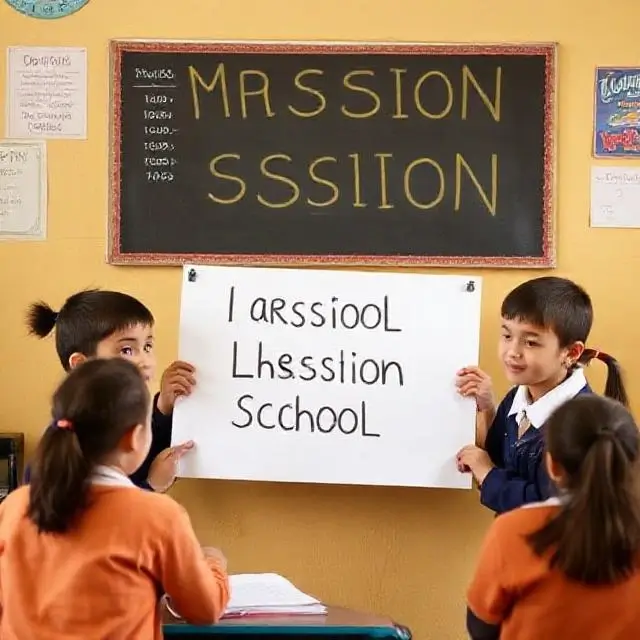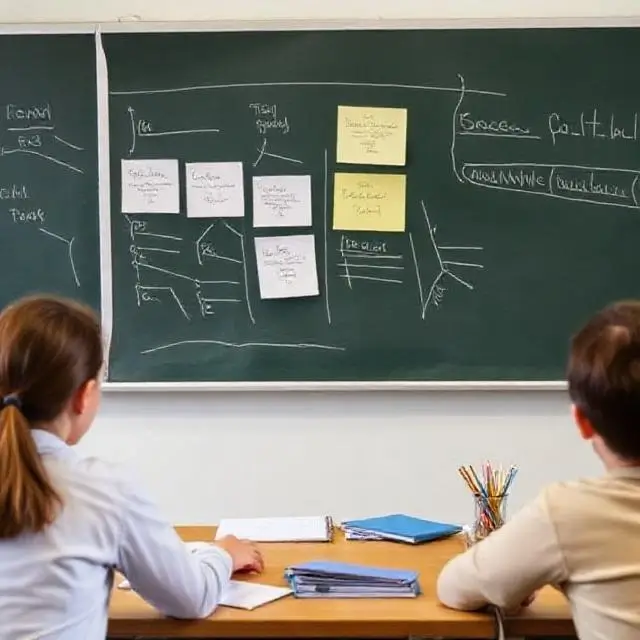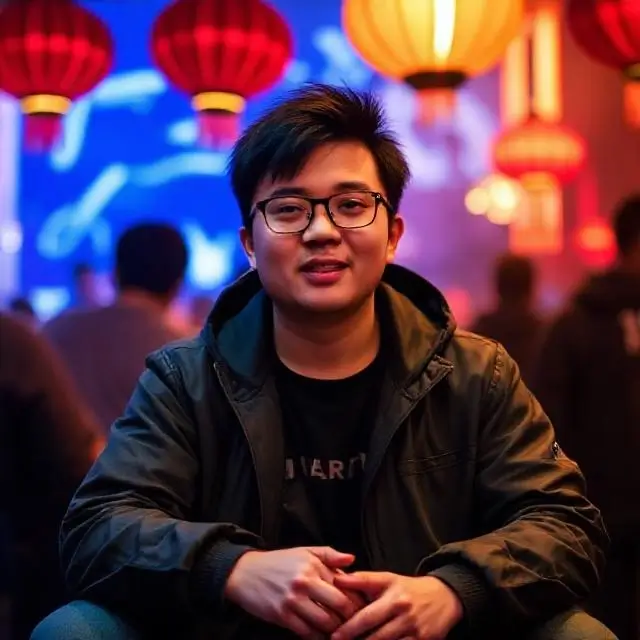Our Educational Foundation
At No Limits, our teaching methodology is built on decades of linguistic research and practical experience. Discover the principles that make our language programs uniquely effective.


Our Mission & Vision
Since our establishment in 2010, No Limits Language School has been driven by a singular mission: to break down language barriers and foster genuine human connection across cultures. We believe that language learning should be accessible, engaging, and transformative.
Our vision is a world where communication limitations don't hinder personal growth, professional opportunities, or cultural exchange. We strive to create learning environments where students feel empowered to take risks, make mistakes, and ultimately achieve fluency with confidence.
Our Core Values
The principles that guide everything we do at No Limits
Inclusive Learning
We believe everyone has the capacity to learn languages, regardless of age, background, or previous experience. Our methods adapt to diverse learning styles and needs.
Cultural Immersion
Language cannot be separated from culture. Our programs integrate cultural understanding as a fundamental component of language acquisition.
Practical Application
We prioritize real-world communication skills over theoretical knowledge. Our students learn to use language in meaningful, authentic contexts.
Continuous Innovation
We constantly refine our teaching methods based on the latest linguistic research and feedback from our students and instructors.
Our Teaching Methodology
A research-backed approach to language acquisition
Communicative Language Teaching
Our primary approach focuses on interaction as both the means and ultimate goal of learning. Students engage in meaningful communication from their very first lesson.
Task-Based Learning
Instead of memorizing vocabulary lists, students complete real-world tasks in the target language, making learning practical and memorable.
Differentiated Instruction
We recognize that every student learns differently. Our instructors adapt materials and teaching strategies to accommodate various learning preferences.
Spaced Repetition System
Our curriculum incorporates scientifically-proven intervals for reviewing material, optimizing long-term retention without overwhelming students.

Research & Development
How we integrate linguistic science into our curriculum

Our curriculum development team includes linguists, cognitive scientists, and experienced educators who continuously evaluate and improve our teaching methods. We stay current with the latest research in second language acquisition to ensure our approaches are both scientifically sound and practically effective.
Recent studies we've incorporated into our methodology include research on the critical period hypothesis, the role of motivation in language learning, and the effectiveness of multimodal input for vocabulary retention.
Neuroscience Applications
We apply findings from brain imaging studies to optimize learning schedules and memory techniques.
Sociolinguistic Awareness
Our curriculum addresses language variation and pragmatics to prepare students for real-world communication.
Our Academic Leadership
The experts guiding our educational philosophy

Dr. Elena Rodriguez
Director of CurriculumPhD in Applied Linguistics from University of Barcelona with 15 years of experience in language education research and curriculum design.

Prof. James Chen
Head of Teacher TrainingFormer linguistics professor at Stanford University specializing in phonetics and language pedagogy. Author of three books on language teaching methodology.

Dr. Maria Schmidt
Research DirectorCognitive scientist with a focus on bilingualism and memory. Leads our ongoing research into effective language learning techniques and assessment methods.
Experience Our Foundation
Join a language program built on proven educational principles and a genuine passion for cross-cultural communication.



